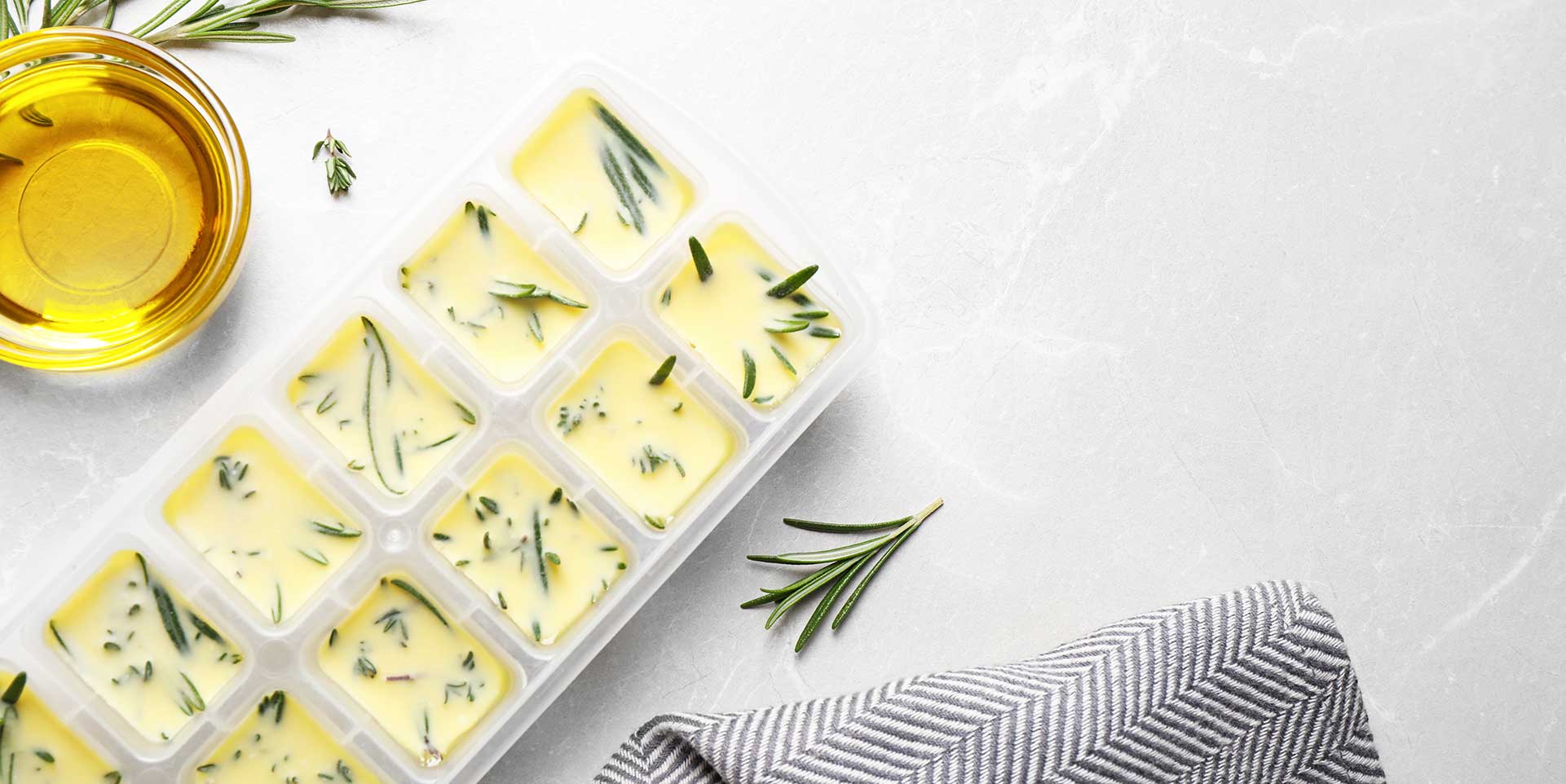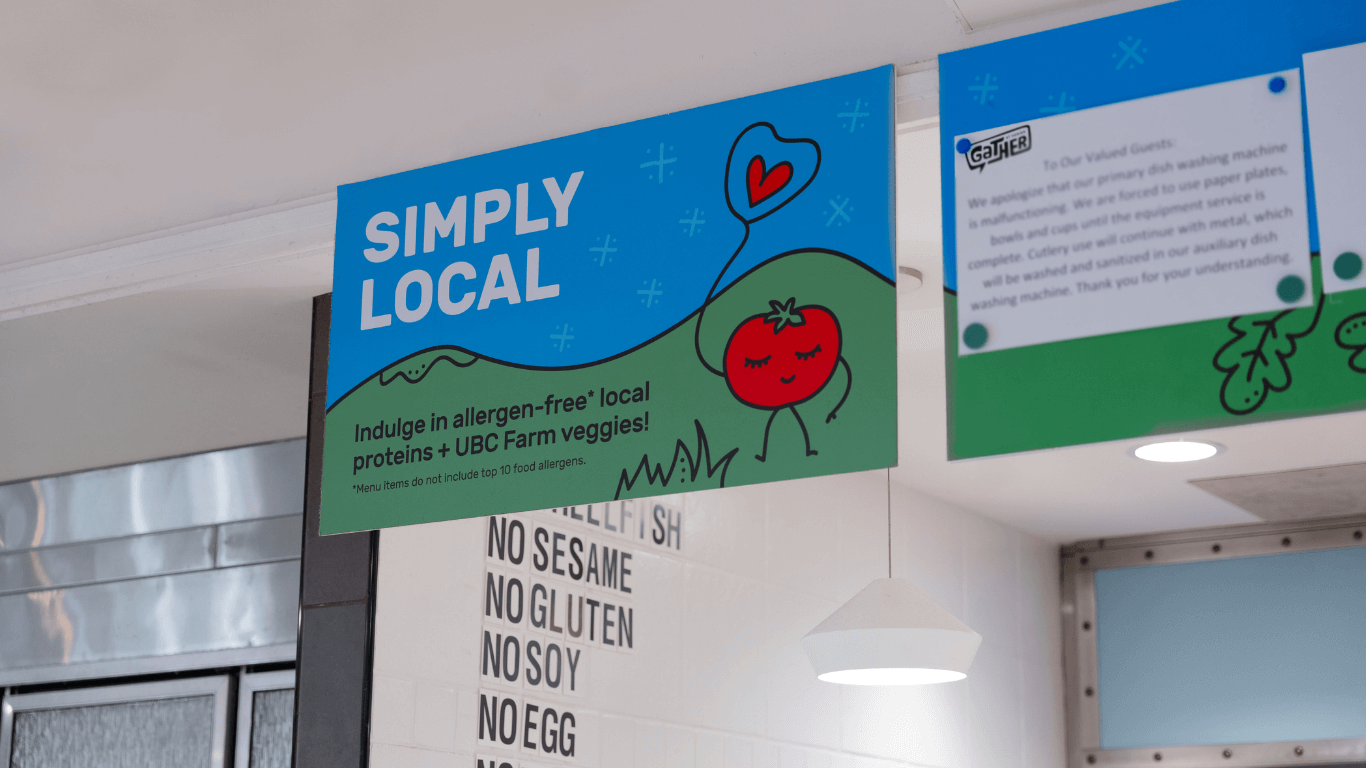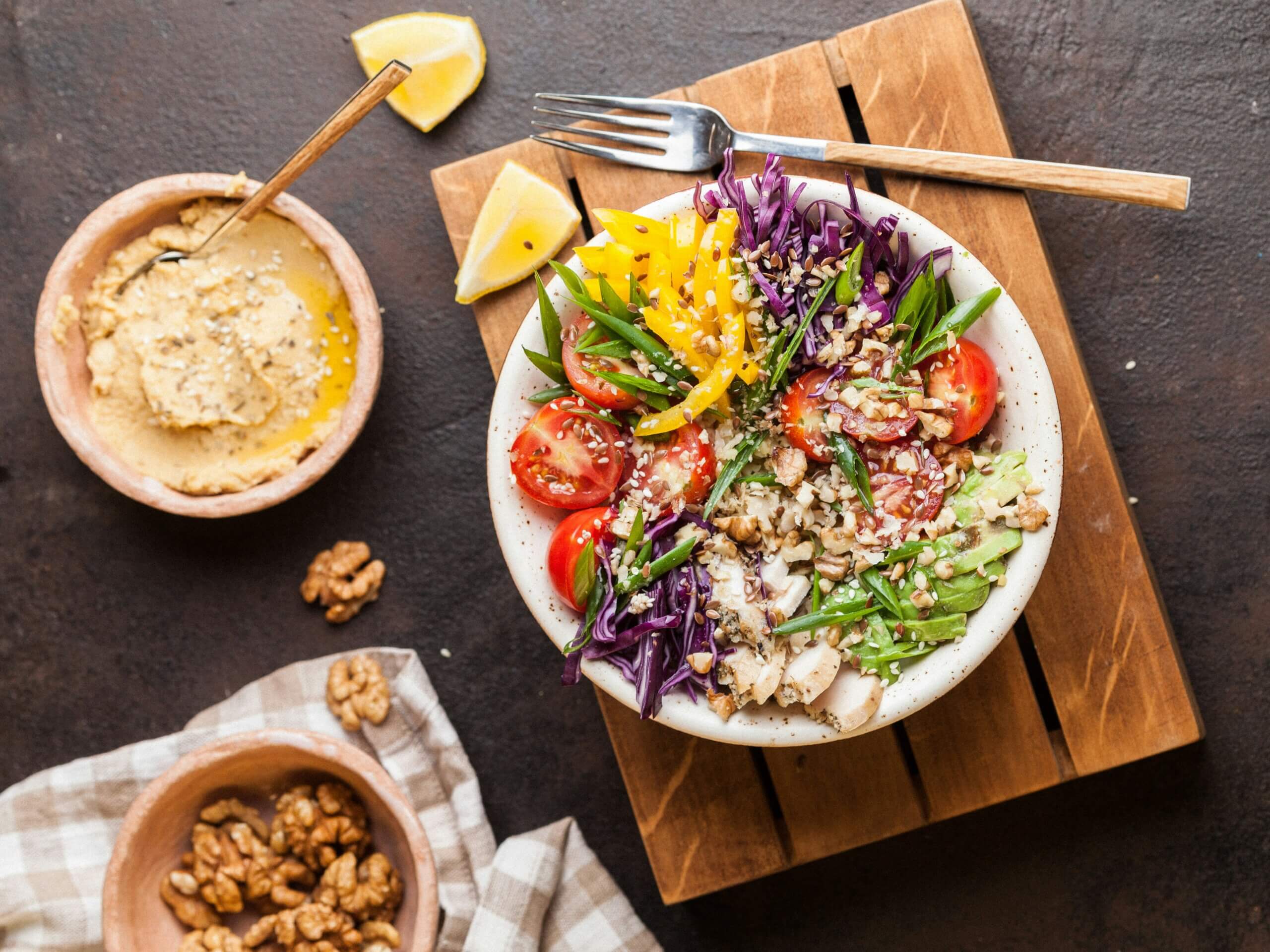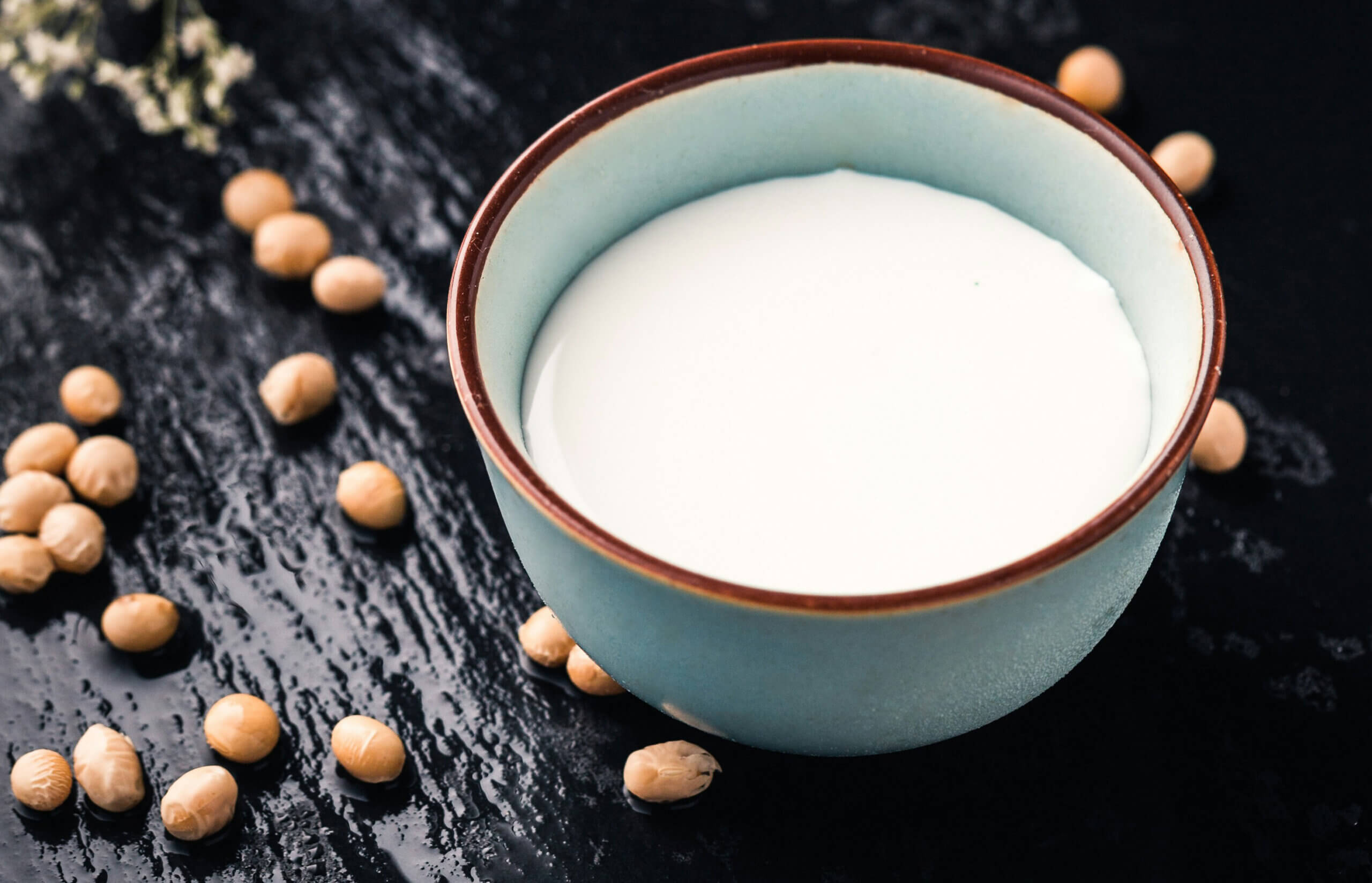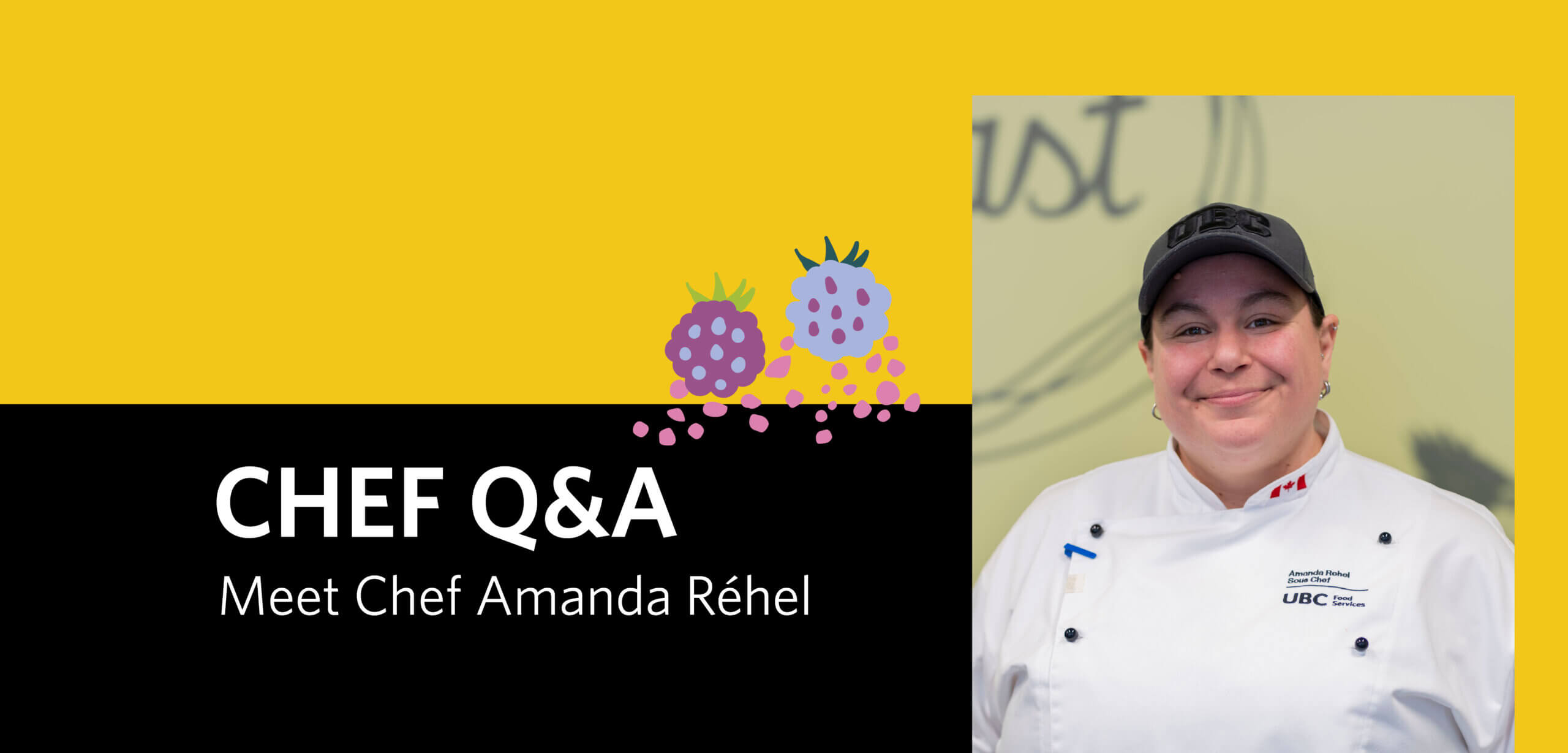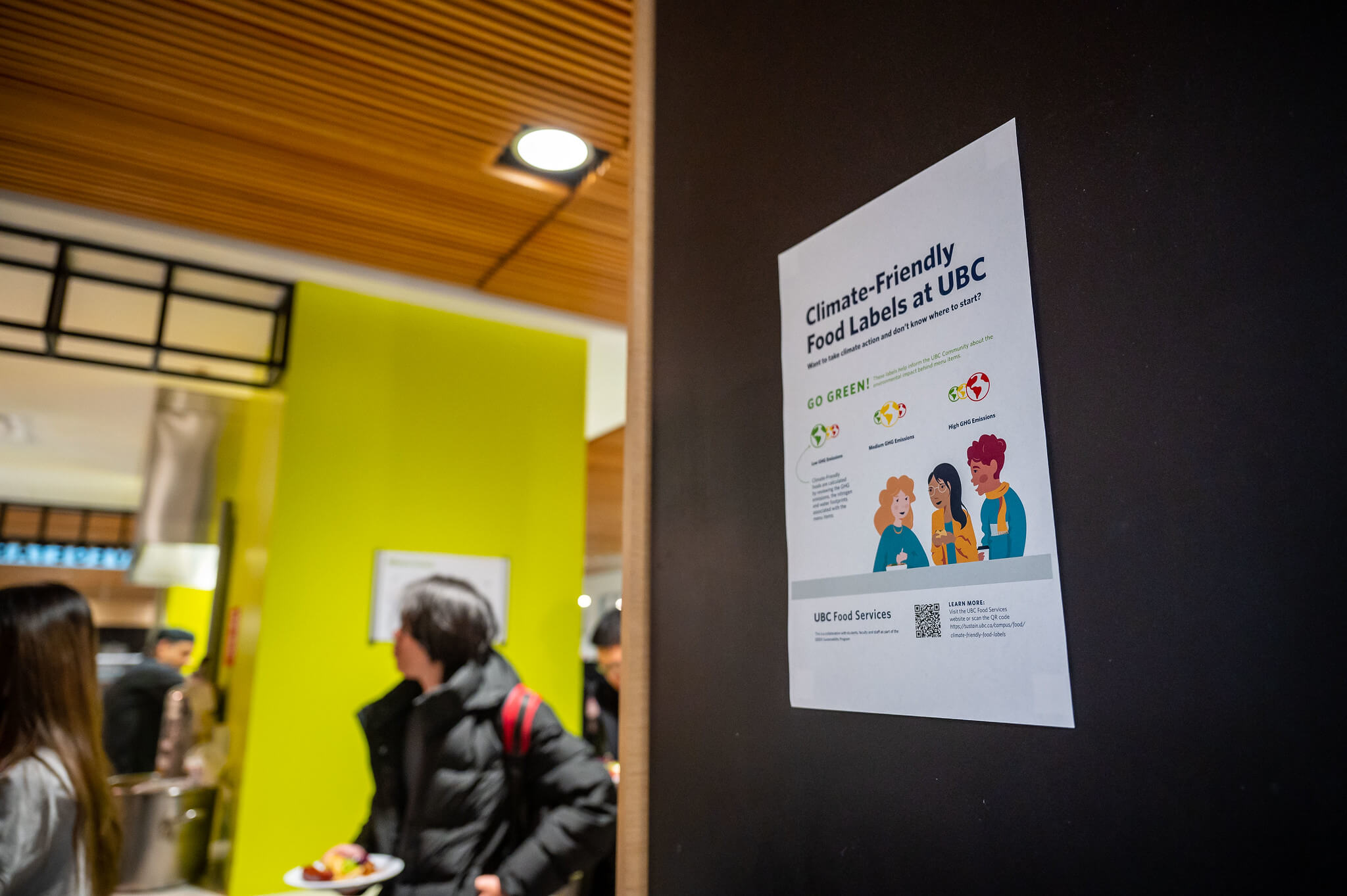There’s nothing more frustrating than watching fresh, delicious food go to waste – especially produce!
Cooking at home leads to eating healthier meals and saves you money, but expired food can be a real source of anxiety. Next time you buy fresh produce, take a little time to prepare it and prevent spoilage. Here are a handful of tips to help your produce stay fresh and last longer!
1. Wash and cut veggies.
Like carrots, peppers and celery. How long produce lasts depends on how you store it. For vegetables like carrots, peppers or celery, wash and cut them up and store wrapped in paper towels in an airtight container. Eat these as a snack or use them in a stir-fry for a quick weeknight meal.
2. Wrap salad greens.
No one likes a soggy salad. If you buy delicate greens like spinach, spring mix, arugula, or lettuce, open the container as soon as you get home and move the greens into a paper towel-lined airtight container. This will help prevent build-up of moisture and keep your salad leaves fresh and crisp!
3. Freeze fresh herbs.
Fresh herbs are a fantastic way to add flavour to home-cooked dishes. But you often don’t need the whole bunch at once. To save herbs, place them in an empty ice cube tray, cover them in a neutral cooking oil like olive oil or grapeseed oil, and freeze. Once frozen, transfer the cubes to a freezer bag and use them as needed to add great flavour to many recipes – like a quick veggie stir fry.
4. Alternate fresh and frozen veggies.
Frozen produce is usually picked at peak ripeness, making it just as nutritious and tasty as fresh produce. Buy a mix of fresh and frozen produce to ensure you always have vegetables to cook with or fruit to throw into a smoothie. Cook with your fresh vegetables near the start of your week and use the frozen vegetables later in the week to make soups, stews, stir-fries, or slow cooker recipes.
These 4 simple tips will help minimize food waste and ensure your food stays fresh as long as possible!
